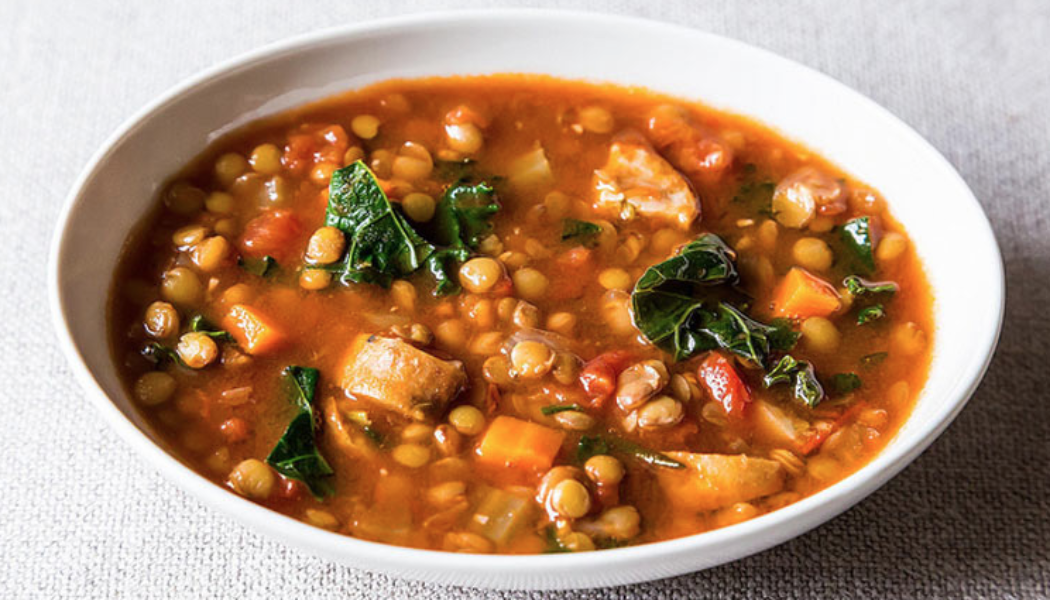Healthy Living
Nourishing The Body, Mind, & Soul – An Ayurvedic Perspective
Nourishing The Body, Mind, & Soul Ayurveda is considered the world’s oldest and most complete system of natural healing. It’s said that the knowledge of Ayurveda is eternal and is revealed in order to help relieve the suffering of humanity. Perhaps the most universal aspect of Ayurveda is to establish balance, peace of mind, and happiness. “The natural force within each of us is that perfect healer of all.” – Hippocrates According to the classic texts, three aspects of the mind include: Dhi, the ability to learn and acquire knowledge Dhriti, the ability to process and retain information Smriti, the ability to recall, memory Recalling Our True Nature In nearly all ancient cultures, nature has often been considered the greatest healer. Interestingly, in Ayurveda “praj...
Healthy Living With Ayurveda
Healthy Living With Ayurveda “Samadosha, samagnischa samadhatumala kriyaha prasanna atmenindriya manaha swasthya ityabhidheeyate” Acharya Susruta has described the features of a healthy person in the above quote. It follows that the doshas must be in equilibrium, the digestive fire must be in a balanced state and the tissues (dhatus) and malas (wastes) must work in a normal state. The sensory and motor organs and mind, atma must be also in a pleasant state. Such a person is called a healthy person or “Swastha”. Samadosha: The doshas that are present in the body and mind, namely vata, pitta and kapha, must be in a balanced state in order to keep a person healthy. When the balance of the doshas is disturbed, either aggravated or decreased (vitiated) it produces a state of Dosha V...
Ayurvedic Nutrition Tips For Autumn + Wilted Greens Lentil Soup Recipe
Ayurvedic Nutrition Tips For Autumn Autumn brings shorter days, longer nights, and cooler weather which invites a new menu of seasonally appropriate foods – ultimately to keep the body well-balanced. Autumn is considered a transition period characteristic of being dry, light, cool, rough and windy – all which naturally increase vata conditions [i.e. dry skin, constipation, arthritis, stiffness of the joints, rheumatism]. Seasonal Considerations For Autumn: – eat warming, soothing, and easily digestible meals – eat foods which are primarily sweet, sour and salty in taste – drink warming herbal teas such as ginger, cinnamon and cardamom tea – keep warm and stay out of strong winds – do regular yoga, meditation, and pranayama breathing exercises Ayurvedic Recipe For “Tridos...
Emotional Eating – An Ayurvedic Perspective + Tips To Cheat Your Cravings
Emotional Eating – An Ayurvedic Perspective “Food nourishes the body; love nourishes the Soul.” – Dr. Vasant Lad, Ayurvedic Physician “Emotional Eating”… Overeating may occur occasionally and often due to various reasons. However, overeating often takes place because of emotional factors. From an Ayurvedic perspective, when there is undue stress or other emotional factors this can increase the uncoordinated movement of ‘prana vata’ within the mind. This increased movement of prana can then stimulate the gastric fire [Agni] – which produces the “experience of hunger”. However, this experience of hunger may not actually be real but rather an emotional craving for nourishment [i.e. love]. What Am I Hungry For? In a recent book, ‘What Are You ...
The Root Cause Of All Disease – An Ayurvedic Perspective + Practical Tips To Improve Digestion
The Root Cause Of All Disease Ever get that heavy feeling with unclear thinking and tiredness especially after a meal? According to the science of Ayurveda [“The Science Of Life”] this lack of vitality is often due to the formation of toxins [“ama”] – which arises due to poorly digested food material and is considerered unsuitable to the body. After all, if we eat food to gain energy – why then should we feel deprived of energy after the consumption food? The answer is quite simple as we shall see below. Respect Your Digestive Flame In most ancient cultures fire was revered because it provided light, warmth and the ability to cook food. In some cultures [i.e. vedic culture], fire is considered sacred as it represents the transformation between the mortal world and the heavens a...









